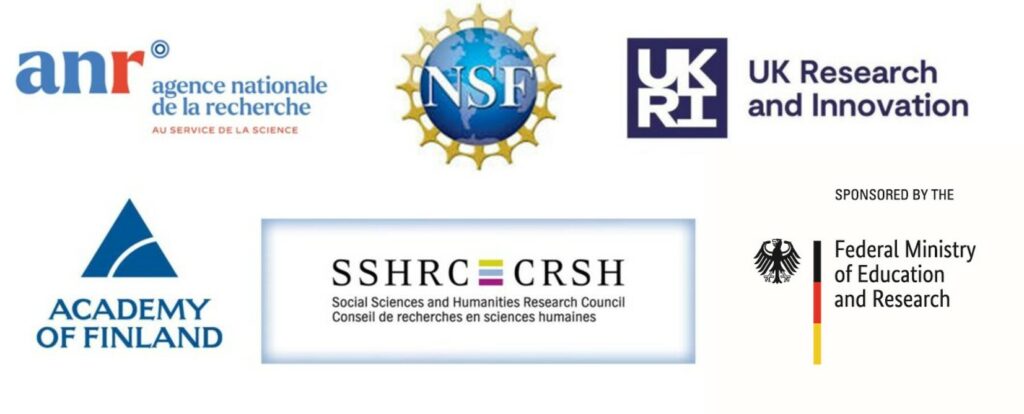Understanding economic inequalities across a wide range of high-income countries, each with their own institutions and policies, can provide insights that focussing on only one country cannot. Some countries may look particularly unequal in one dimension, but not in others, leading us to think carefully about the measurement of inequalities. A careful comparison of the experience of many countries can substantially broaden the scope for learning about the role of different potential policies and of social and demographic factors.
The aim of the Country Studies project – a parallel project to the IFS Deaton Review – is to examine a broad set of inequalities in a coherent framework across the major economies of Europe and North America and how they have changed in recent decades, including through the COVID-19 pandemic. Led by Richard Blundell, Jonathan Cribb, and James Ziliak, we aim for this to provide a major source of comparative international research on economic inequality.
Each country has written a comprehensive report into the evolution of labour market and income inequalities, and their interactions with education and gender in particular. We examine how social changes – such as the labour market position of women, higher levels of formal education, rising levels of immigration – have affected different countries and different forms of inequalities. And how the changes to the tax and benefit system have acted to dampen, or increase, household income inequalities. These reports were launched in November 2023.
During 2024 we will in addition publish short academic summary papers on key lessons that can be drawn form each country’s experience of inequality, and publish synthesis papers which draw together key findings from across the project.


















